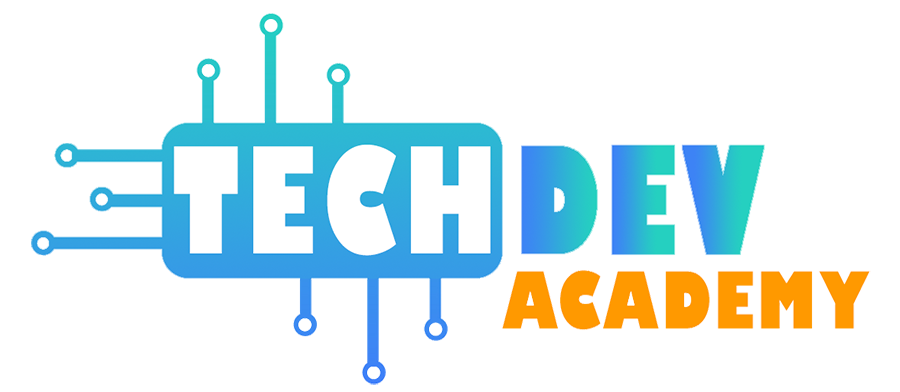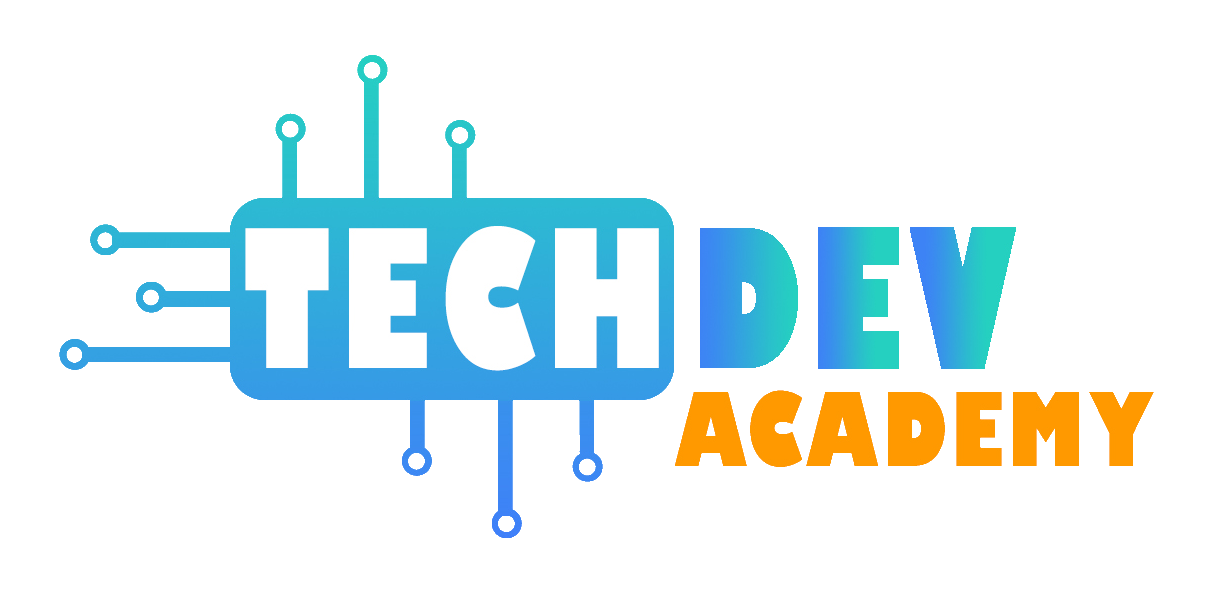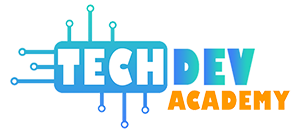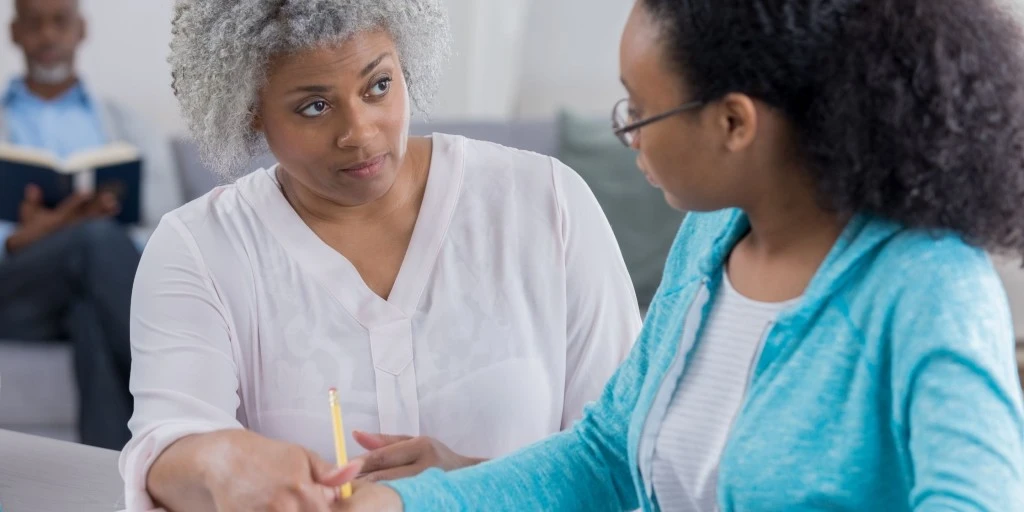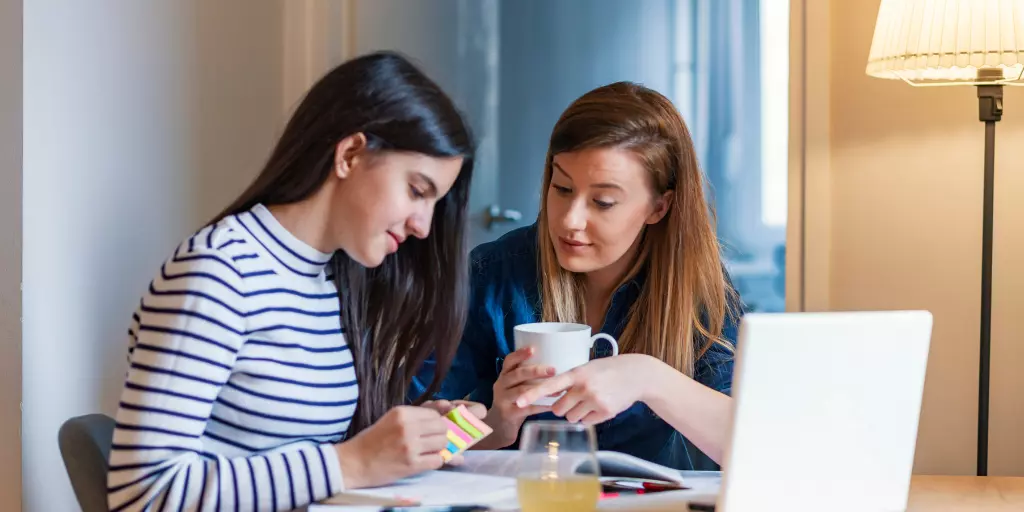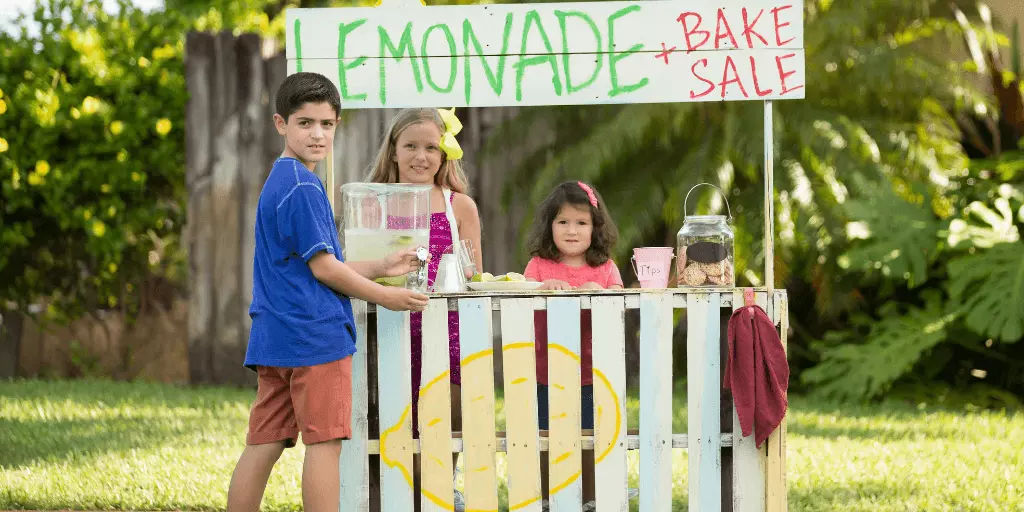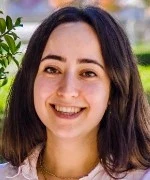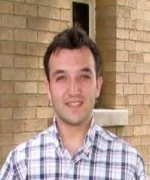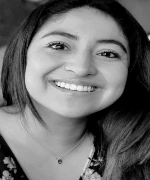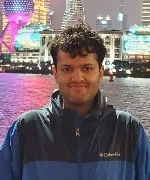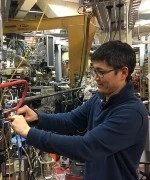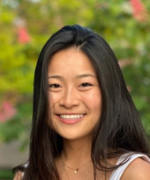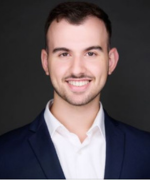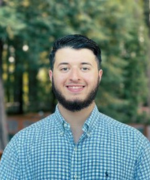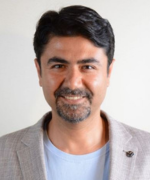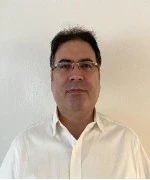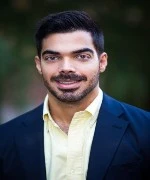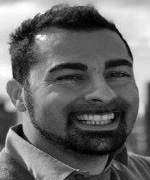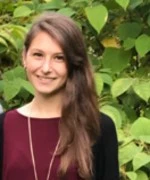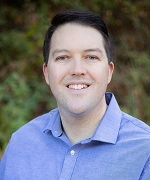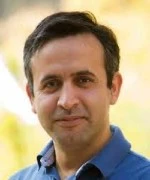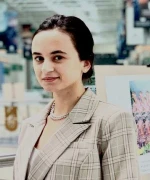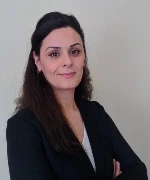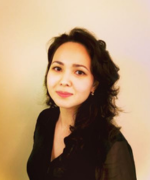What Is Positive Discipline In Parenting?
When it comes to parenting, the least favorite part for most parents is discipline. Yet, they can not ignore it as a good foundation for discipline is crucial in the development of their children. But parents who stick to traditional discipline and punishment methods often feel exhausted, terrible, and guilty by the day’s end. All the nagging, yelling, and lecturing they fall back on could make them feel burned out and even disconnected from their children. It is here that positive discipline, which strikes the right balance of firm and loving, can help.
What are the basics of positive discipline?
Dr. Jane Nelsen, who is a licensed marriage and family therapist and child counselor, developed positive discipline. It is a parenting method where parents clearly communicate what behaviors are proper and the ones that are not, together with what rewards good behavior would fetch and the outcomes of bad behavior.
The goal of positive discipline is to teach young people to become respectful, responsible, and resourceful members of their communities. With positive discipline, it is possible to impart important social and life skills in a way that is extremely encouraging and deeply respectful – not just for the children but even for the parents as well.
The five fundamentals of positive discipline are:
- It is firm and kind at the same time, which encourages children to behave properly while teaching them how to be respectful.

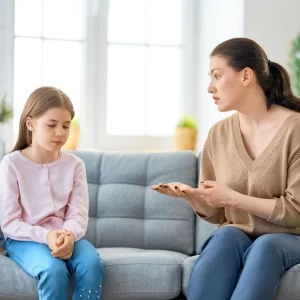
- It helps create safe relationships (or connections) with children to make them feel a sense of significance and belonging. With positive discipline, connection precedes correction to ensure discipline is effective in the long run.
- It is effective in the long-term because it considers what the child is feeling and thinking, learning, deciding about the world around and him/her, and what he/she should do in the future to survive. This is in stark contrast to punishment that works in the short run but has adverse long-term consequences.
- It teaches priceless social and life skills that help build a good character. With positive discipline, a child is taught how to be concerned for others, respectful toward others, and contribute to and cooperate with his/her home, school, or the larger community. Other skills the child learns are accountability and problem-solving.
- It invites children to find out how proficient they are and use their autonomy and power in constructive ways.
At the core of the positive discipline is the way kindness and firmness are employed by the parents at the same time, which is neither permissive nor punitive. The ultimate aim of this approach is to develop mutually respectful relationships.
What makes positive discipline work?
According to recent research, children have an instinct to connect with others from birth. It has also been found that children who feel a sense of connection to their family, school, and community are less likely to misbehave. For children, disturbing behavior is often triggered by the individual not feeling a sense of connection (or belonging) and/or lack of significance (or contribution). When either or both of these two basic human needs are not met, the child will resort to challenging behavior as it is his/her own way of trying to feel a sense of belonging and significance, even if it is not the right way. And such behavior is typically steered by four mistaken goals of attaining belonging and significance, namely revenge, power, attention, and assumed inadequacy.
With positive discipline, you can spot these mistaken beliefs as they emerge, and use some tried and tested strategies and tools to change such improper beliefs and behaviors.
Here are the tools of positive discipline that you can use:
- Mutual respect: As a parent, you can model firmness by respecting yourself along with what the situation demands. At the same time, you should show kindness by respecting the requirements of the child.
- Recognizing the belief that drives the behavior: Positive discipline identifies the reasons children act in a certain way and attempts to change those beliefs, rather than just trying to change their behavior.

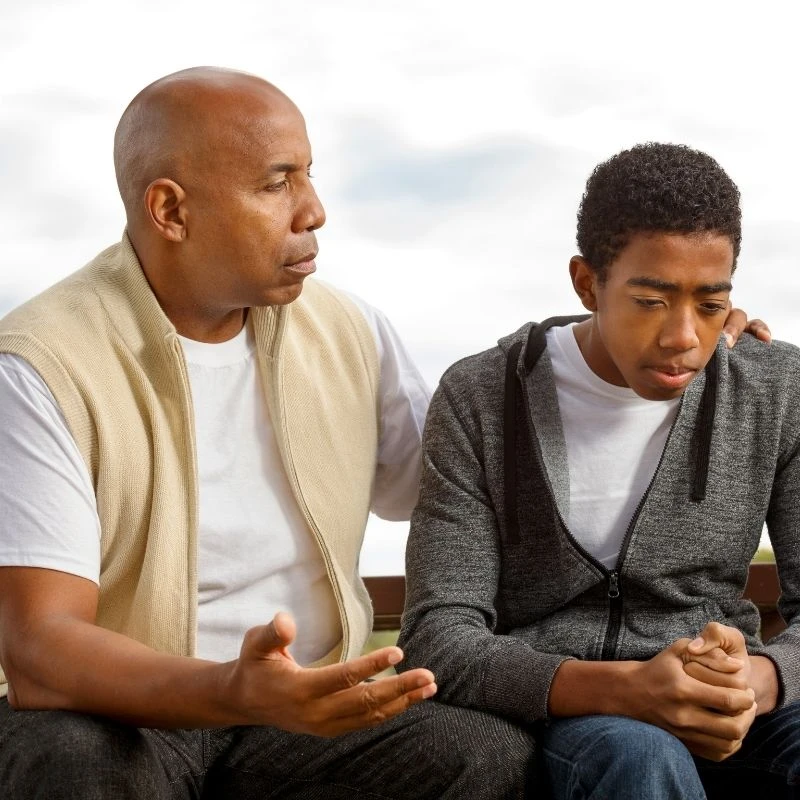
- Effective communication in addition to problem-solving skills: You need to reassure the child and talk to him/her while respecting his/her boundaries (say, by letting him/her avoid eye contact) and help him/her identify how what he/she did has impacted others. You should also have problem-solving skills to suggest the child ways to overcome such negative behaviors and actions.
- Discipline that teaches: With discipline that is neither permissive nor punitive, you can spell with clarity what your expectations are from the child (without leaving any space for ambiguity) and teach him/her to accomplish them.
- Emphasis on solutions rather than punishment: Instead of using punishment, well-planned solutions could be far more effective in redirecting the child into the desired behavior. Thus, if your child misbehaves, you can give him/her alternatives to replace that misbehavior with something acceptable. For instance, when your child misbehaves in the grocery store, instead of scolding him, you can ask him to help you select things or re-arrange the chosen articles in the cart.
- Encouragement (as opposed to praising): Unlike praise that has a short-term effect and teaches the child to depend on external feedback, encouragement paves way for effort and improvement on his/her own. Thus, it not only helps the child get motivated internally and be ready for success but even triggers long-term empowerment and self-esteem.
Tips for positive discipline for parents
Here are some tips to put positive discipline to work:
- Build a positive relationship: Spend quality time with your child to build a healthy relationship and enjoy each other’s company. Make your child feel happy, safe, loved, and appreciated because it would make him/her feel better. And children who feel better do better in all aspects of their lives.
- Offer encouragement liberally: Focus on your child’s efforts and use encouragement liberally, even when the outcome is unsuccessful. This will make your child feel recognized, appreciated, and help to achieve his/her full potential while feeling more independent and capable of accomplishing tasks once he/she puts his/her mind to it.
- Problem-solve together: You should talk about the feelings and needs of your child and yourself, which should be followed by collective brainstorming to come up with a mutually agreeable solution. You can write down all the ideas that you and your child come up, without evaluating them at first. Then, you can think over each to decide which ones you like or do not like, and the ones you want to follow through on.
These are just some tips to help you use positive discipline to handle tough situations effectively.
